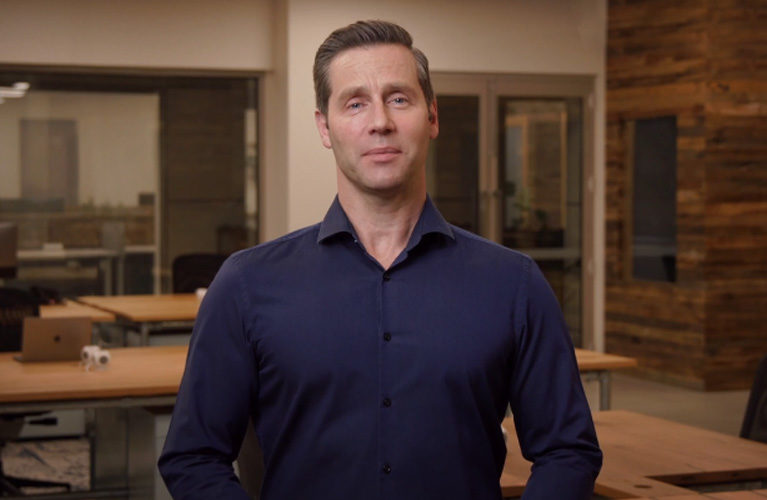Play a blue card and get a fair outcome for both players. Or betray your opponent by playing a red card to get the maximum points, causing your opponent to lose points. If both players decide to play red, then both lose points. Called the Prisoner’s Dilemma, this simple game became a unique way to explore game theory – how people compete over limited resources.
Over the past month I have played the Prisoner’s Dilemma in Sweden, Germany, Belgium, England, Spain, France and the Netherlands. In each country, the players were teams of sales professionals who negotiate multi-million dollar contracts for a global mining firm. Over a two-day program, groups also worked their way through highly realistic commercial negotiation scenarios. Watching human behaviour when the stakes are high and emotions run strong was fascinating. Here’s some tips to help with your next negotiation, from asking for a raise to buying a new house.
Failing to prepare, is preparing to fail.
Success in negotiation is 80% down to the preparation. Think about what outcome you want and what could give you leverage in the negotiation. But don’t stop there. The best negotiators spend as much time anticipating the needs and motivations of the other party as they do for their own outcomes.
Their needs are the things they will openly tell you about. Reducing their costs, improving their product quality or fixing an issue in their supply chain. And then there are the motivations. These are all the personal drivers that impact how they negotiate and they are powerful. Their motivators could include things like a need for status, recognition, maintaining a positive relationship or feeling like they have snagged a bargain. People want both their needs and their motivations met in a negotiation.
Compete or cooperate?
A huge range of tactics exist for getting the best outcome in a negotiation. They fall in to two main types – competitive or cooperative. Competitive tactics give you an advantage over the other party, but use them sparingly as they tend to erode trust. Cooperative tactics on the other hand, build trust by working towards positive outcomes for both parties.
For one-off negotiations, like buying a house, use competitive tactics as it’s unlikely you will ever have to negotiate with them again – so being nice or helpful shouldn’t be your goal. But if you are negotiating with your boss, or with a customer, then use as many cooperative tactics as possible to create positive outcomes and create a healthy negotiation experience. If you compete too often, they will retaliate and it will impact your relationship.
“If you’re afraid of your opponent, you’ve already lost.”
Negotiate on value, not on price.
A common mistake in sales is negotiating on price rather than on value. Consider what normally happens when someone is selling their house. The vendor runs an open home, shows people around their property, and tells anyone interested the sale price he is seeking. Hoping for a windfall, the vendor starts high with his price. And, of course, the buyers counter with something low. Both make concessions until they eventually meet somewhere in the middle. A more effective strategy for the vendor would be to make the discussions about value, rather than price.
A friend of mine recently purchased an apartment in Melbourne. The vendor talked with my friend and his wife to understand what was important to them in an investment property. The vendor thoughtfully positioned an attractive offer that meet their needs for move in date, furnishings, gym & pool access, plus he guaranteed the rental income for their first 12 months. They agreed immediately and even chose not to haggle on the price as the deal sounded so perfect for them.
So, if you want better outcomes when you negotiate then get to know what’s important to the other party. And do your planning beforehand. It will give you confidence in your position and clarity on where you can get leverage.
Ant Williams is an expert in sales effectiveness and negotiation.



